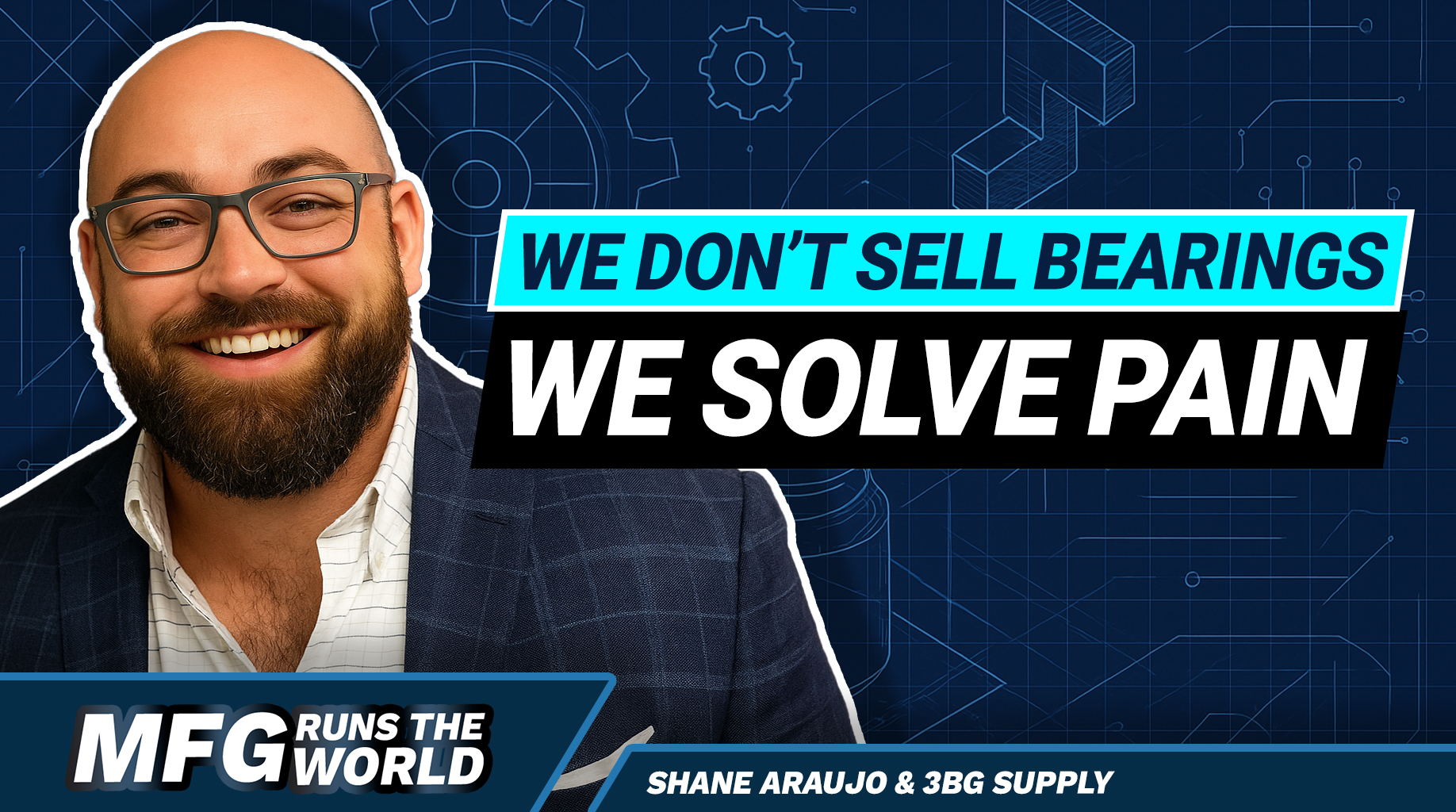The manufacturing industry is undergoing a seismic shift as technological advancements reshape workforce demands. Traditional mechanics, once the backbone of equipment industries, are giving way to technicians with specialized skills in electronics, software, and diagnostics. This transition is not just redefining job roles but also creating a significant skills gap that businesses must address to remain competitive.
The Evolution from Mechanics to Technicians
Manufacturing has always been synonymous with hands-on mechanical expertise. However, with the advent of automation, remote operations, and smart technologies, the industry now requires technicians who are proficient in operating and maintaining sophisticated machinery. As highlighted in a recent conversation with Carson, Director of Talent Acquisitions at Weiziger Group, the shift is evident in the hiring patterns of companies. Of the 520 hires made last year by Weiziger Group, the majority were technicians—a reflection of this evolving demand.
Technicians today are expected to have expertise not only in traditional mechanical repair but also in electronics, software programs, and advanced diagnostics. This broader skill set ensures they can manage and troubleshoot the complex systems that drive modern manufacturing operations.
The Skills Gap and Its Challenges
While the demand for skilled technicians surges, the supply has struggled to keep pace. Carson noted that the shortage of skilled talent is one of the biggest challenges facing the industry today. Many professionals lack the technical expertise required for modern manufacturing roles, leaving companies scrambling to fill crucial positions.
This gap is further exacerbated by the rapid pace of technological change, as many educational programs have yet to catch up with industry needs. Moreover, misconceptions about manufacturing jobs being “dirty” or “old-fashioned” deter potential candidates from considering careers in the sector.
Bridging the Gap: Strategies for Success
Despite these challenges, proactive organizations are implementing strategies to attract and develop the next generation of technicians. Some of the most effective approaches include:
Educational Partnerships
Collaborating with colleges and trade schools has proven invaluable. Companies are working closely with educational institutions to design curricula that align with industry needs, ensuring graduates are job-ready upon completion. Internships and apprenticeships further bridge the gap between theoretical learning and practical application.
Military Hiring Initiatives
Veterans bring a wealth of technical skills and disciplined work habits to the table. Programs aimed at transitioning military personnel into civilian manufacturing roles have been highly successful, providing a reliable talent pipeline for companies like Weiziger Group.
Investment in Employee Development
Companies that prioritize training and upskilling their workforce are seeing long-term benefits. By investing in programs that teach employees new technologies and processes, businesses not only retain talent but also future-proof their operations.
Leveraging Technology in Recruitment
Tools like applicant tracking systems, AI-driven job matching, and targeted advertising platforms are helping organizations refine their hiring processes. For instance, Weiziger Group uses Jobvite to streamline recruitment and Indeed for targeted outreach. By integrating technology, businesses can identify the best candidates faster and more efficiently.
Social Media Engagement
Social media platforms offer a unique opportunity to change perceptions about manufacturing careers. By showcasing success stories, employee experiences, and cutting-edge technologies, companies can attract younger talent and redefine the industry’s image.
Conclusion
The shift from mechanics to technicians reflects the broader transformation taking place across the manufacturing industry. As automation, smart systems, and software-driven processes become integral to operations, the need for a highly skilled, tech-savvy workforce is only growing. Addressing the skills gap requires a combination of innovative recruitment strategies, educational partnerships, and investments in employee development.
For companies navigating this complex landscape, storytelling and strong employer branding are vital. Highlighting success stories, sharing insights into modern manufacturing careers, and showcasing cutting-edge technology can help attract the right talent. That’s where Flipeleven can help. By leveraging b-to-b automated lead generation, digital marketing, and creative content strategies, Flipeleven specializes in crafting compelling narratives that resonate with target audiences—whether it’s promoting your company’s culture, attracting talent, or showcasing innovative solutions in the manufacturing space.
As the industry continues to evolve, those who can effectively communicate their vision and adapt to change will remain at the forefront of innovation and growth.




